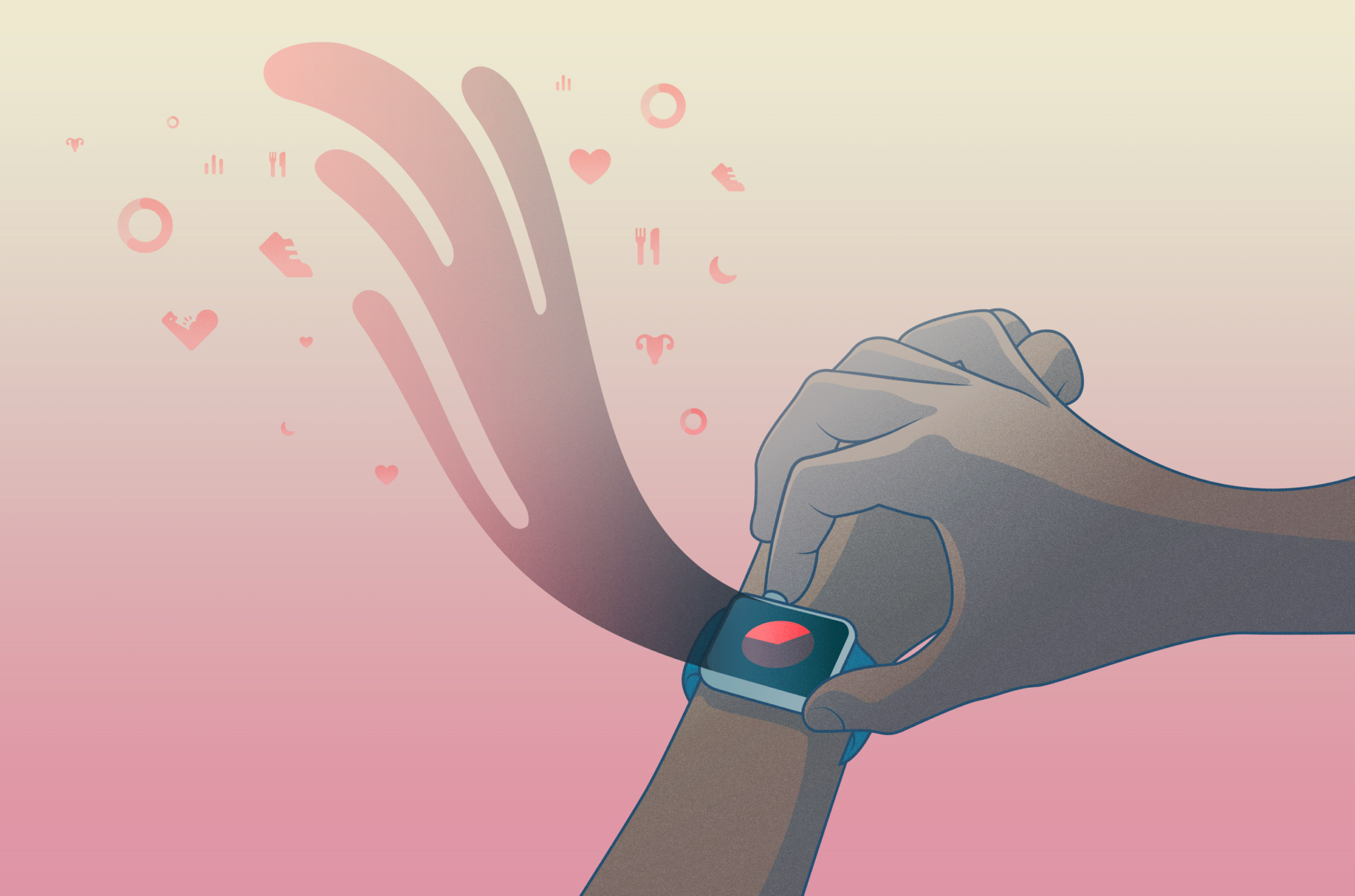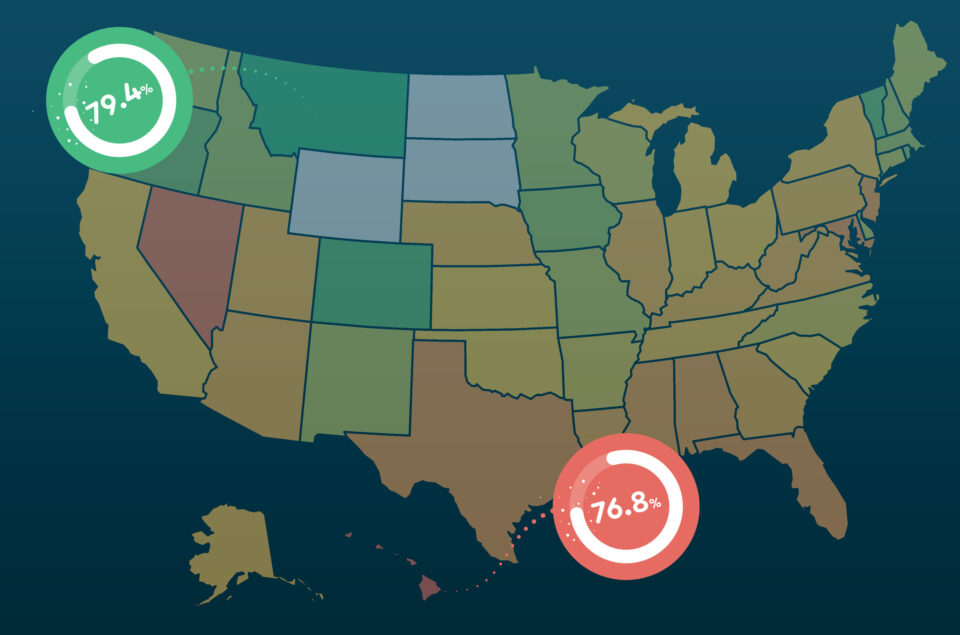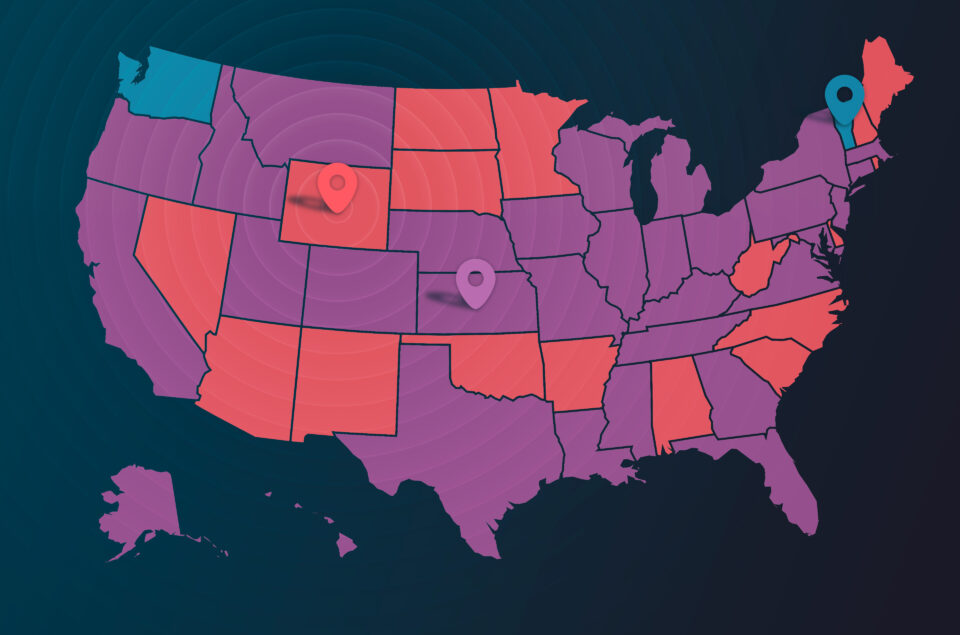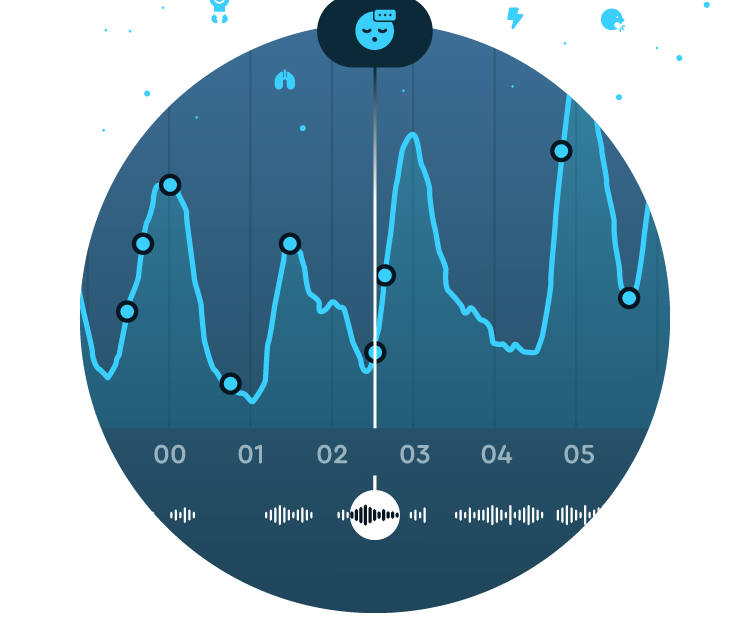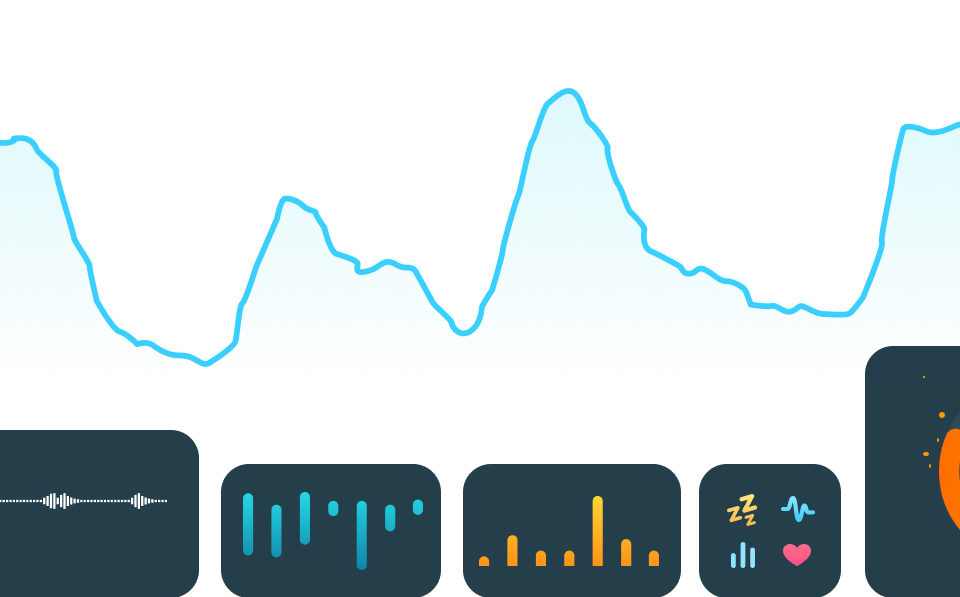Technology has long played a central role in our lives, guiding our evolution and advancement. During the pandemic, our collective reliance on technology peaked as we depended on our devices for all aspects of life: staying connected, working efficiently, shopping for supplies and to look after our health. Global lockdowns prompted people to seek innovative solutions that would allow them to maintain ordinary routines in extraordinary circumstances.
One of the outcomes of people actively looking for digital health solutions is an increased interest in tracking their health. This has driven exponential growth in the health and fitness tracking market. The surge shows no signs of slowing down as more people recognize the power of technology to support their wellness journey by tracking their activity levels, nutrition, mindfulness, heart rate and their sleep.
Health and fitness tech growth in numbers
The demand for health and fitness tech is skyrocketing, and companies are stepping up to meet consumer demand.
- According to the Consumer Technology Association (CTA), the total revenue of health and fitness tech will reach $13 billion in 2021, a 12% increase over last year.
- Smartwatch distribution is expected to grow 8% this year
- A Gartner report projected global spending on wearable devices would total $81.5 billion in 2021, spurred by increased health monitoring during the pandemic.
- Health apps, including medical, fitness, and sleep-tracking apps, are rapidly growing in popularity. The health app market is predicted to reach $149 billion by 2028.
The evolution of health tracking devices and rising trends
Health tracking has come a long way in the past decade. Once reserved only for patients in a medical setting, tracking health metrics and vitals is now widely available, leading to new insights and an increased focus on personal health. Dr. Mikael Kågebäck, Chief Technology Officer of Sleep Cycle, has witnessed the evolution of health tracking devices firsthand. As the first person in Sweden to earn a PhD in Machine Learning, Dr. Kågebäck has been studying computer systems and complex software engineering for nearly two decades and has a finger on the pulse of the latest technological trends:
- Smartwatch improvements: “Accurate health tracking requires advanced technology to run efficiently. This is where smartwatches have matured and come into their own. Their intelligence and capabilities have vastly improved with technology, computing power and sensors – resulting in better health tracking metrics.”
- Automatic tracking: Machine learning, and the advancement of AI technologies, is at the heart of all improvements related to health tracking devices. Health tracking, including sleep tracking, is now moving toward complete automation. Previously, the user had to open a health tracking app on their phone and prompt it to start tracking select metrics. Now, health tracking software can automatically launch the tracking application on your mobile device from your wearable device, immediately monitoring and analyzing health data without the need to pick up a phone.
- More metrics: “In the future, we may see blue blood sugar sensors in smartwatches, and more accurate pulse wave sensors, which would lead to even better tracking of your sleep and health,” says Kågebäck. Health tracking devices are pioneering an exciting range of metrics: such as stress level indicators, heartbeat rhythms, oxygen saturation, snoring, movement during the night and breathing rate – enabling individuals to access a comprehensive picture of their health and take the necessary steps to improve it. The list of trackable metrics will only continue to grow in the coming years.
- Different types of smart devices: Smart devices for the general public used to be limited to apps within smartphones and smartwatches, but technology is rapidly evolving. Smart home and IoT (Internet of Things) devices are modernizing the way we live in our homes, enabling mobile apps to control the temperature, the lights, and detect suspicious activity. Smart speakers, such as Alexa, Siri, Google Assistant, have progressed, now integrating with sophisticated apps, including health tracking apps. We expect smart speakers will play a larger role in health tracking as the technology continues to progress, including detecting abnormal heart rhythms.
“As more devices enter the health tracking device market, it opens the door to further possibilities and potential applications. The expansion and evolution of the technology will allow more people to accurately monitor their health through a variety of methods and devices,” shared Kågebäck.
- Longer battery life: Health tracking devices aren’t of much use if their batteries are drained quickly. The ability to accurately track health metrics improves with better battery life, and innovations in wearable tech have long been held back by battery life concerns. It is therefore encouraging to see recent improvements in health tracking technology that have significantly lengthened battery life.
“Improving the ways in which health tracking apps use devices’ batteries is a development priority in the near future, ” says Kågebäck. “This, alongside battery life improvements expected from the companies making wearable devices, will allow for health tracking apps to run at full capacity all night on a smartwatch without draining the battery.”
Sleep tracking’s role in health and fitness tracking
Quality sleep is an essential element for a healthy life. Sleep tracking and sleep analysis applications, including Sleep Cycle, have played a key role in the rise of health tracking technologies. These platforms have consistently advanced their technology to support improved sleep and meet the growing consumer demand for accessible, comprehensive health metrics.
As a society, we can now pay close attention to our health and wellness through unprecedented access to technological tools. We believe that the skyrocketing popularity of health tracking devices will lead to advances in global health. We are proud contributors to this movement and believe in sharing our accumulated knowledge on the importance of quality sleep to empower people to take control of their health. This is an exciting time to play such an intrinsic part of people’s health and wellness journey.
